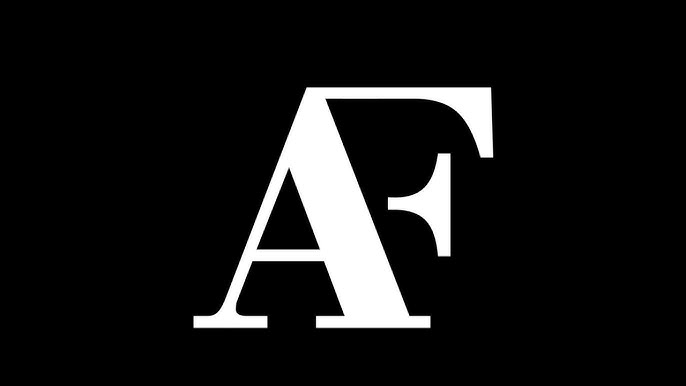In this article we’ll answer what is an infinite banking policy and what is infinite banking? We’ll also list some infinite banking pros and cons.
Infinite banking concept is significant because it can allow people more financial freedom, flexibility, and possibilities to accumulate wealth. Maximizing the insurance policy’s cash worth is the underlying principle of the approach.
If you are looking to invest as an expat or high-net-worth individual, which is what I specialize in, you can email me (advice@adamfayed.com) or WhatsApp (+44-7393-450-837).
Careful planning and knowledge of costs are necessary when acquiring an infinite banking life insurance policy, something which we can help with.
Understanding what is an infinite banking policy
A particular component of the larger strategy known as infinite banking is an infinite banking policy. It usually alludes to a whole life insurance plan intended to back infinite banking concept.
By using this technique, you can overfund a whole life insurance policy and borrow against its cash value, thereby turning the policy into a personal banking system. You can obtain money without using traditional loans by using the cash value, which spares you from paying fees, credit checks, and taxes.
Economist R. Nelson Nash first used the term infinite banking in the 1980s. He then expanded on it in his book titled “Becoming Your Own Banker: Unlock the Infinite Banking Concept,” published in 2000.
Types of Life Insurance for Infinite Banking
While typically associated with whole life insurance policies, infinite banking can encompass other types of permanent life insurance. The important component to consider is the cash value.
Some other life insurance compatible with infinite banking concept include universal life, indexed universal, and variable universal policies.
Pros and cons of infinite banking

Benefits of infinite banking
- For infinite banking, whole life insurance policies offer tax advantages like tax-free loans and growth.
- Policyholders of whole life plans may receive annual dividends contingent on the profitability of the company, and the insurer sets the fixed cash value growth rates.
- Through loans, policyholders can obtain cash value without having to submit to credit checks or give justifications, improving liquidity and taking care of unforeseen costs.
- The capacity to produce continuous compounding on borrowed funds is a key advantage as it allows capital to create returns across numerous routes concurrently.
- The wealth of the insured is protected by whole life insurance policies’ asset protection against creditors, lawsuits, and judgments.
Disadvantages of infinite banking
- It can be difficult to implement infinite banking on your own.
- The high monthly payments associated with whole life insurance policies can be burdensome should an unforeseen change in financial circumstances.
- One significant issue with infinite banking is the initial liquidity constraint. A barrier for policyholders looking for quick liquidity during the early years of a policy could be restricted access to cash value.
Final Thoughts
An infinite banking policy may or may not be suited to you depending on many factors, really. Aside from it being complicated, it could be something that your insurance provider does not allow or no longer offers. It could also be something costly if not properly used to your advantage.
Understanding infinite banking is only the first step. There’s much more to navigate about this strategy, especially with the help of an advisor.
Pained by financial indecision? Want to invest with Adam?

Adam is an internationally recognised author on financial matters, with over 760.2 million answer views on Quora.com, a widely sold book on Amazon, and a contributor on Forbes.




















Discussion about this post